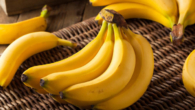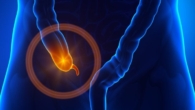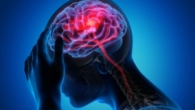
A meat-free diet can be beneficial. But only if you plan your diet correctly.
1
Veganism and vegetarianism are all diets that do not include meat. But if vegetarians refuse only meat, then vegans also refuse all animal products (eggs, milk, honey). And the latter diet can become dangerous if you do not take into account a few nuances.
If a person organizes their vegan diet correctly, then such a diet has several health benefits. Thanks to this diet, you can lose weight, reduce the risk of developing heart disease, some types of cancer (breast cancer, colon cancer), and type 2 diabetes.
In addition, a vegan diet can be rich in iron. Although it is not absorbed from plants as well as from meat. Combining oil with foods rich in vitamin C can help in absorption: tomatoes, oranges, peppers. This is because vitamin C allows the human body to absorb iron better.
At the same time, a vegan diet does not guarantee you good health. It all depends on what exactly you eat. Also, now you can find more and more ready-made dishes for vegans, and such dishes contain salt, sugar, fat, which help improve their taste. These foods (i.e. processed) contain emulsifiers and trans fats, which can harm the good bacteria in your gut.
In addition, due to a poorly designed vegan diet, you may not get enough niacin, riboflavin (vitamin B2), vitamin D, calcium, iodine, selenium, or zinc. Vegans are more at risk of anemia than others because they will not have enough omega-3 and vitamin B12. Scientists also claim that there is a connection between veganism and lower bone density, which may contribute to an increased risk of fractures.









Leave a Reply